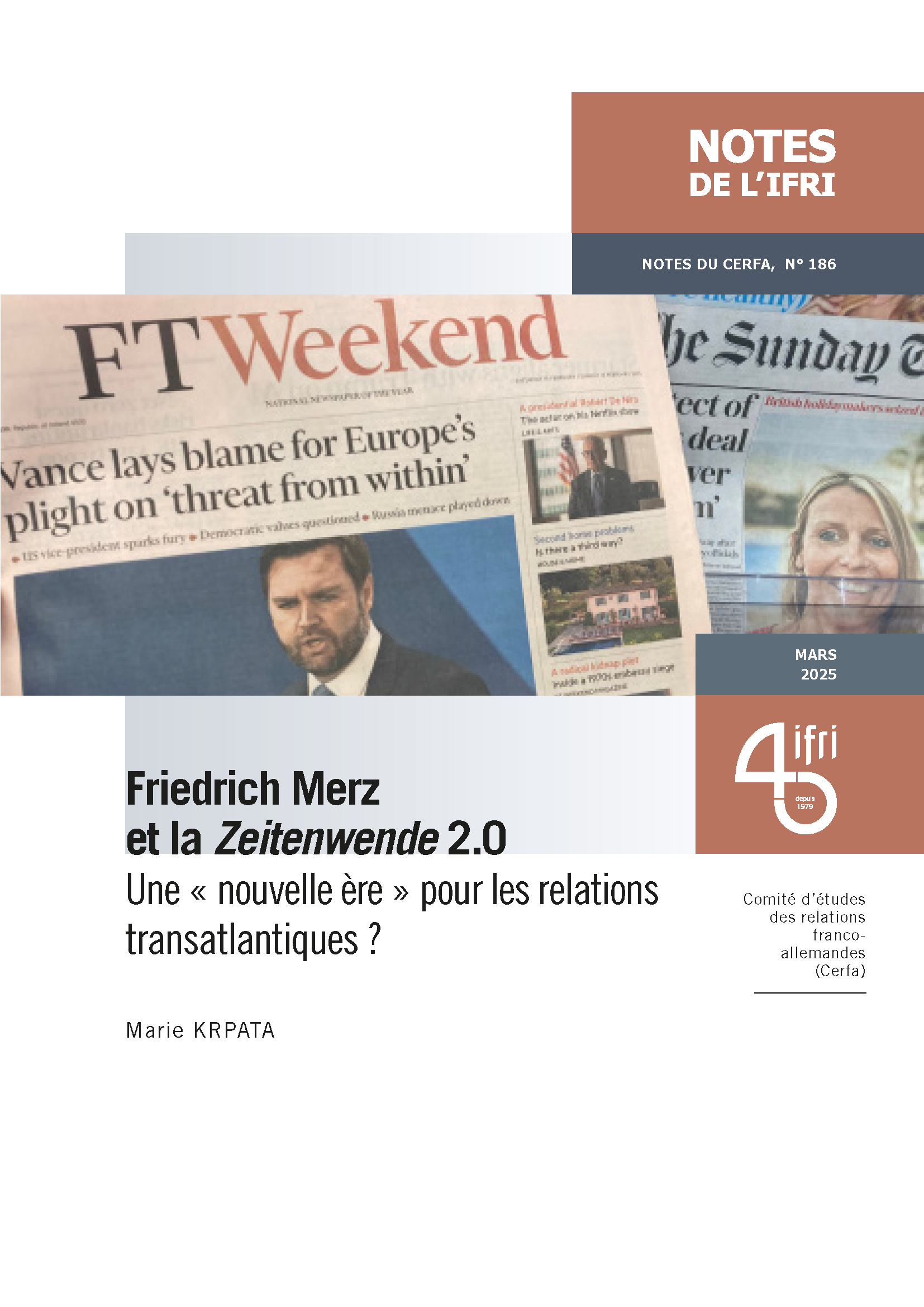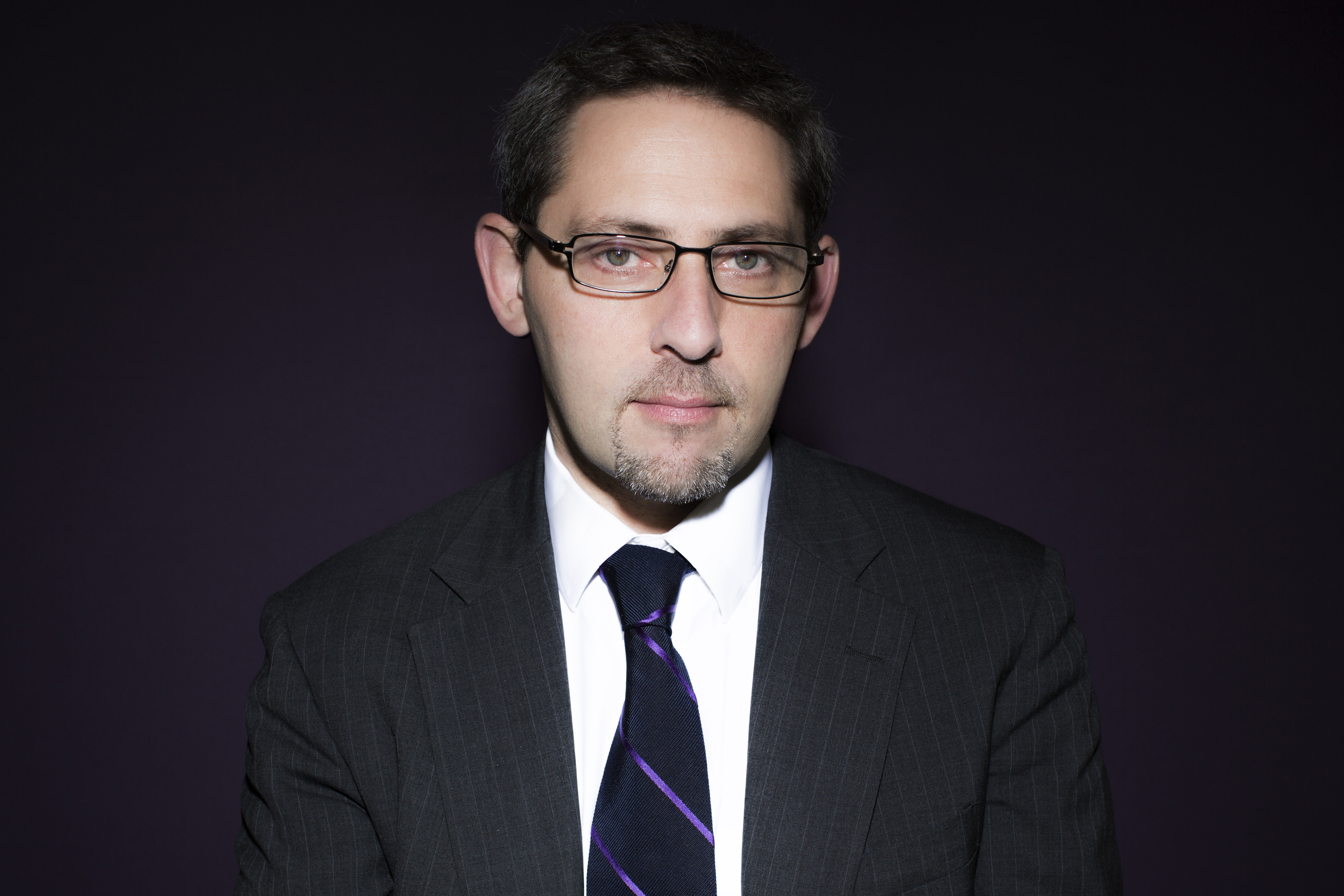Entente or bust: Why France and Britain are looking for new ways of combining their shrinking armed forces
THERE is nothing like the prospect of losing something precious to concentrate the mind. So it is with Britain and France, once Europe's greatest imperial powers, as they contemplate how to cling on to a world role in the face of budget cuts.
On October 19th the British government will publish the results of a hastily conducted (and Treasury-driven) strategic defence and security review. Two weeks later President Nicolas Sarkozy will come to Britain for this year's bilateral summit. High on the agenda will be the need to forge a new and potentially far-reaching defence relationship. It reflects a growing realisation that, unless Europe's leading military powers work closely together, the next decade will see an irretrievable shrinkage in their capability.
There have been efforts to strike such deals in the past, notably the 1998 St Malo declaration, agreed by Tony Blair and Jacques Chirac. But rancorous disputes, especially over Iraq, have hampered progress. Behind the mutual distrust lies what Etienne de Durand of the French Institute of International Relations calls the “Suez paradigm”. After the debacle of 1956 the French concluded that, to avoid further humiliation, they had to secure strategic autonomy. The British drew the opposite lesson, deciding that influence depended on hugging the Americans close.
Britain's commitment to the “special relationship” has not exactly weakened. But David Cameron's coalition government is more realistic about how much influence the British gain in Washington through their loyalty. For his part Mr Sarkozy has tried hard to make the niggling chippiness that once characterised France's relations with America a thing of the past. His decision in 2009 to take France back into the military command structure of NATO after more than 40 years was of more than symbolic significance. Among other things, it removed a big obstacle to greater co-operation with Britain.
These days, there is little if any difference in how the two countries see the world and the emerging threats to their security. Britain's national security strategy and the French defence white paper, both published in 2008, set out a near-identical set of concerns. More unites the two than divides them. Both are midsized countries willing and able to project power globally. They remain, respectively, the third- and fourth-biggest defence spenders in the world.
Mr Cameron and Mr Sarkozy are determined to use next month's summit to give new momentum to Anglo-French defence relations. However, both want to avoid grand, visionary statements of intent that might prompt suspicions in either country, especially among Conservative Eurosceptics (of whom the British defence secretary, Liam Fox, is one). The discussions will involve some 40 different areas for potential co-operation, but informed sources say the emphasis will be on practical things that save money or preserve capabilities. As François Heisbourg, of France's Foundation for Strategic Research, says: “The focus for now should be on those things that are relatively politically easy, but which are not necessarily small.” Mr de Durand adds: “This is about pragmatic gains for both parties. It's about being sex buddies rather than marriage.”
Logistics, particularly long-range airlift of heavy equipment, come high on the list. Dr Fox and his French opposite number, Hervé Morin, have already hinted at a willingness to pool both countries' A400M military transports, which are due to enter service from 2012. France might also gain access to Britain's seven Boeing C-17s, which are bigger and faster than anything in the French fleet. Another possibility is an agreement to share aerial tankers. Britain is purchasing 14 A330 MRTTs in a controversial (and expensive) £13 billion ($20.6 billion) private finance initiative deal, whereas France has a serious capacity gap ahead.
There are other obvious areas for co-operation. Research and technology—for example on armed drones and dealing with improvised explosive devices—is one. On training, France is offering Britain access to its jet pilot school. On procurement, complex, politically driven multinational programmes that are bedevilled by demands for all the parties to share in the work, such as the Eurofighter Typhoon, could make way for simpler, bilateral projects.
There are even discussions about Britain sharing in France's nuclear-warhead simulation testing facilities, rather than replicating them at huge cost. Talk of the pair's nuclear-missile submarines sharing patrols is likely to remain just that. But there may be scope for agreement over aircraft carriers. Dr Fox and Mr Morin have ruled out the notion of binational crews, but they are still exploring other ways to enhance the interoperability of France'sCharles de Gaulle and Britain's planned two new carriers, which seem likely to be spared by the defence review. The aim is to ensure a permanent carrier presence at sea for both countries. Maintenance cycles could be co-ordinated and prior agreements reached on the circumstances in which one country would make its carrier available to the other. If, as seems increasingly likely, the British decide to equip at least one of their carriers with a catapult (allowing French Rafale strike fighters to fly from it), that will be a strong signal of future intentions.
What could go wrong? Mr de Durand worries that one danger is that the politicians may take the savings gained from defence co-operation and use them for something else. If that happens, the armed services of the two countries will lose any incentive to find new ways of working together. Paradoxically, it would be just as bad if the financial pressure were taken off. As Mr de Durand says: “All the actors involved must convince themselves that other avenues are not in the offing for now and that a bilateral agreement is the only sensible way forward. For some time to come, it is either entente or oblivion.”

Partager










